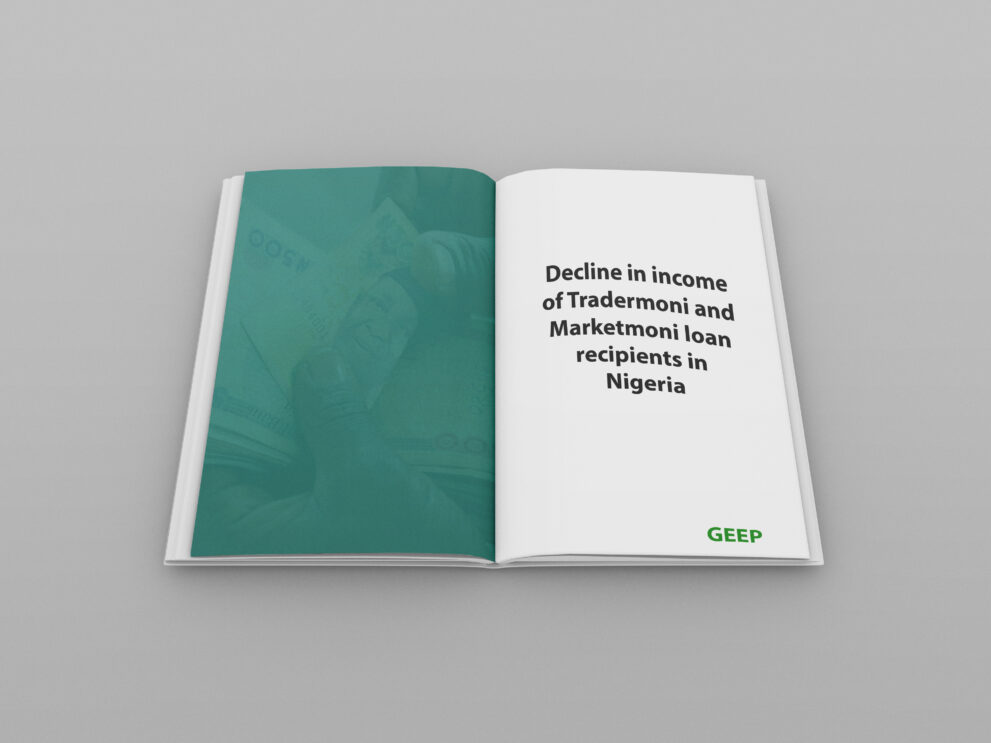ROUND SEVEN
Top Insights
The overall experience for clients seems to be gradually improving. There is a reduction in those considered extremely vulnerable, from 51% in August to 42% now and an increase in the % classified “Coping”. This is likely driven by an improvement in the overall financial situation and consequently, improved food consumption. This tracks with Round 6 insight around income smoothening. All major sectors (production, retail, agriculture, service) have similar vulnerability scores.
The picture for employment is improving. Employers are increasingly able to cover employee salaries. In the retail and services sectors, which the Nigerian government has identified as priority sectors, over 60% of employers say they’ve been able to manage payments. We’re also seeing this data tracking alongside the vulnerability results – the most vulnerable employers have paid fewer salaries and retained fewer jobs.
What we are seeing across products. Though the Marketmoni loan is a bigger ticket size, fewer report it as a burden versus Tradermoni counterparts: among Marketmoni recipients, 43% say the loan is a heavy burden, 12% some burden (total 55%). Conversely, 48% of Tradermoni recipients report the loan as a heavy burden and 23% as a somewhat burden (total 71%). Tradermoni clients are less likely to be saving, and more likely to have suffered a significant income decline.


